Why Clinical Trial Success Criteria Matters: 5 Essential Questions

As the pharmaceutical and biotech industries continue to push for faster drug development, the importance of inclusive clinical trial recruitment cannot be overlooked. With the rise of digital health and data, there are endless possibilities for reaching vulnerable populations and improving access to treatment. But with these advancements come questions about their impact on long-term outcomes and diversity metrics.
In this blog post, we will explore 5 essential questions that clinical trial operations leadership and feasibility teams must consider in order to achieve parity in recruitment. Let’s dive in to uncover the role of digital health and data in driving faster drug development through improved patient representation.
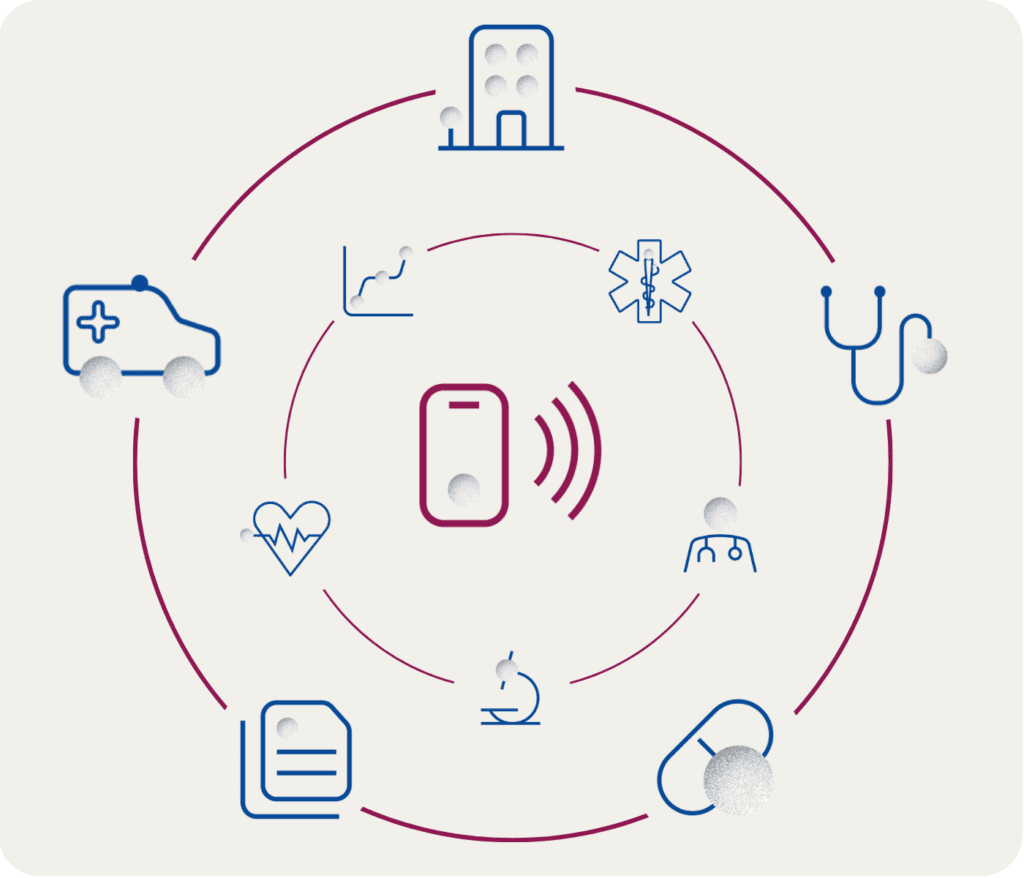

Patient Representation in Clinical Trials
Data is a powerful tool in identifying and reaching vulnerable populations for clinical trials. With the help of digital health platforms, researchers have access to vast amounts of data that can be analyzed to identify potential participants from underrepresented communities. This not only increases access to clinical trials but also ensures that all segments of the population are represented in drug development.
For example, using geographical data, researchers can map areas with higher prevalence rates of certain diseases and target those communities for recruitment. Additionally, social media data can be used to identify individuals who may be interested in participating in clinical trials. By leveraging the power of data, we can bridge the gap between underrepresented populations and clinical research.
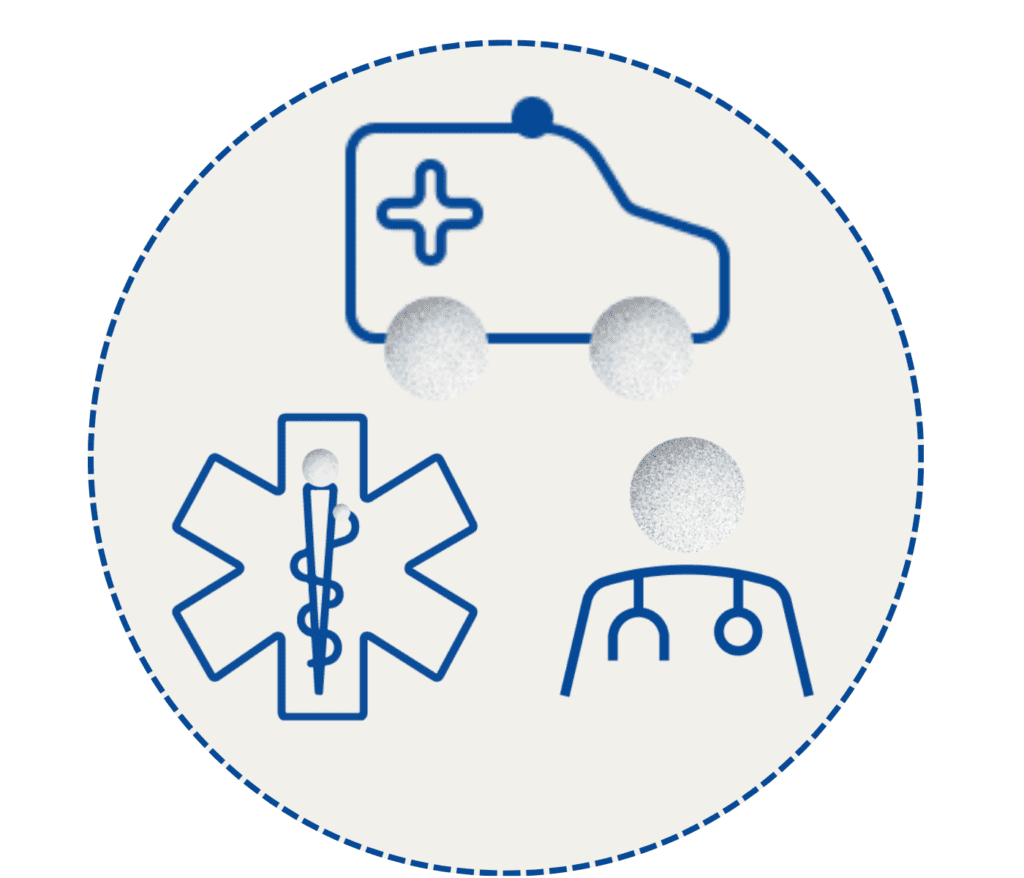

How to Improve Clinical Trial Representation
One of the biggest challenges in clinical trial recruitment is ensuring equal access to treatment for all participants. Digital health has the potential to break down barriers and improve access for all patient populations. Through remote monitoring and telehealth services, patients are able to participate in trials from the comfort of their homes. This eliminates obstacles such as transportation issues or lack of nearby trial sites that may prevent underrepresented patient groups from enrolling.
Digital health also allows for personalized care and tailored interventions based on individual needs. This is especially important when considering cultural or language barriers that may affect participation. By utilizing digital tools, we can create a more inclusive environment for diverse patient populations.
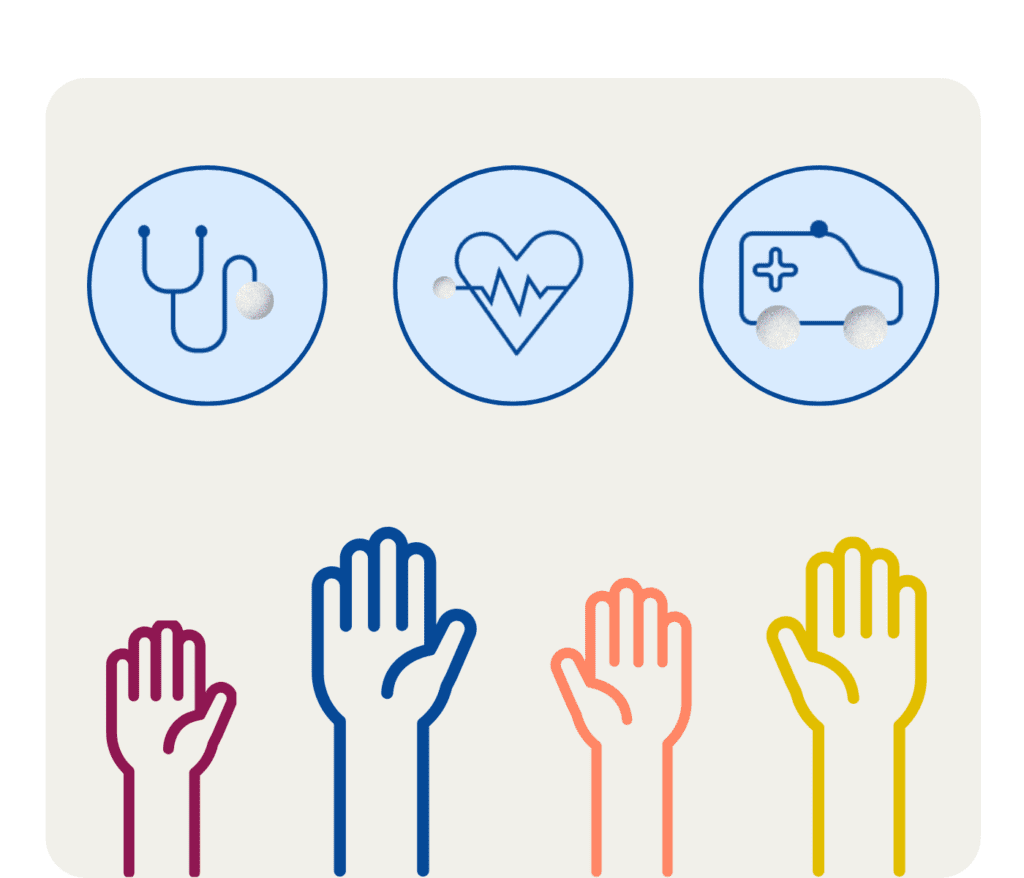

Healthcare Data Intelligence
Data silos refer to separate systems or databases that do not communicate with each other, resulting in fragmented information. In the context of clinical trials, this means that valuable data about potential participants from underrepresented groups may not be accessible or considered during recruitment efforts. This creates a major barrier to achieving diversity metrics.
To overcome this challenge, it is crucial for pharmaceutical companies and research institutions to break down data siloes and promote data sharing. By collaborating and sharing data, we can create a more comprehensive understanding of patient populations and improve recruitment efforts for diverse groups.
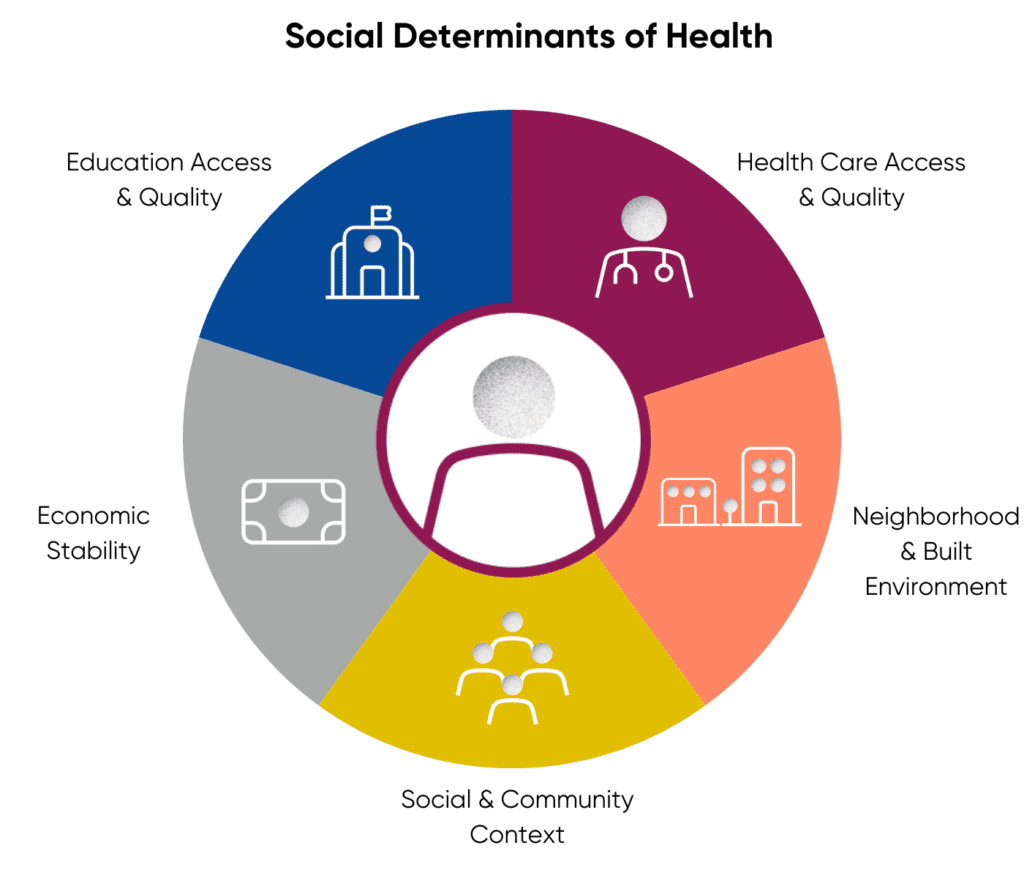

Real World Data for Clinical Research
The use of digital health in clinical trials not only has an immediate impact on recruitment and access to treatment, but it also has the potential for long-term effects. With remote monitoring and real-time data collection, researchers can gather more accurate and timely information about a drug’s effectiveness and side effects. This can lead to faster decision-making and potentially improved outcomes for patients.
Furthermore, digital health allows for continuous engagement with participants after the trial is completed. This opens up opportunities for long-term follow-up studies and real-world evidence collection, which is crucial in assessing a drug’s true impact on diverse patient populations.
H1 looks at a variety of data sources to form a picture of a feasible site.

Broadening Access to Clinical Trials
Innovation is key when it comes to breaking down barriers to clinical trials. With the ever-evolving landscape of technology, there are endless possibilities for reaching underrpresented populations and improving access to treatment. From wearable devices that track vital signs to virtual reality simulations for informed consent, innovative solutions have the potential to revolutionize the way we conduct clinical trials.
It is important for pharmaceutical companies to embrace innovation and incorporate it into their recruitment strategies in order to achieve access to clinical trials.
In conclusion, achieving better patient representation in clinical trial recruitment requires a multi-faceted approach that leverages the power of data, digital health, and innovation. By addressing these 5 essential questions, pharmaceutical companies can work towards faster drug development while ensuring that all segments of the population are represented in clinical research. Let’s continue to push towards greater inclusion in our quest for improved treatments and cures.
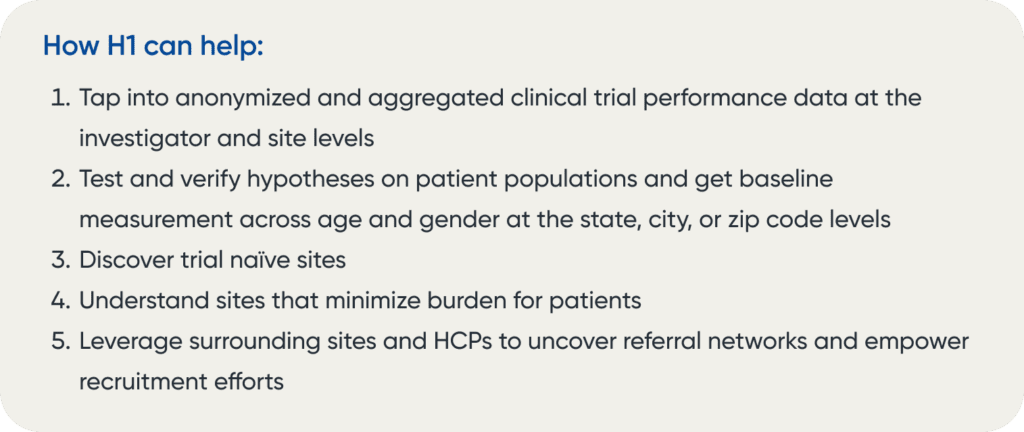
Learn more about the Power of Performance Data.
